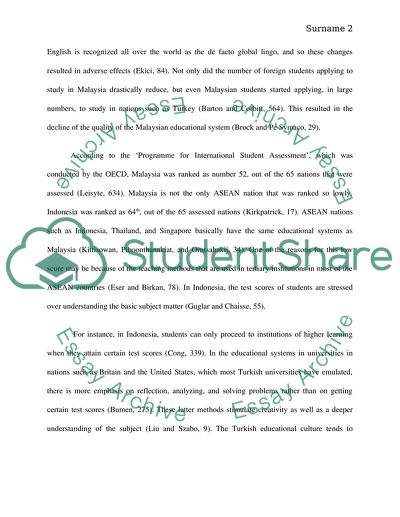Cite this document
(“Why do students from ASEAN countries choose Turkish universities Thesis Proposal”, n.d.)
Retrieved from https://studentshare.org/social-science/1647151-why-do-students-from-asean-countries-choose-turkish-universities
Retrieved from https://studentshare.org/social-science/1647151-why-do-students-from-asean-countries-choose-turkish-universities
(Why Do Students from ASEAN Countries Choose Turkish Universities Thesis Proposal)
https://studentshare.org/social-science/1647151-why-do-students-from-asean-countries-choose-turkish-universities.
https://studentshare.org/social-science/1647151-why-do-students-from-asean-countries-choose-turkish-universities.
“Why Do Students from ASEAN Countries Choose Turkish Universities Thesis Proposal”, n.d. https://studentshare.org/social-science/1647151-why-do-students-from-asean-countries-choose-turkish-universities.


